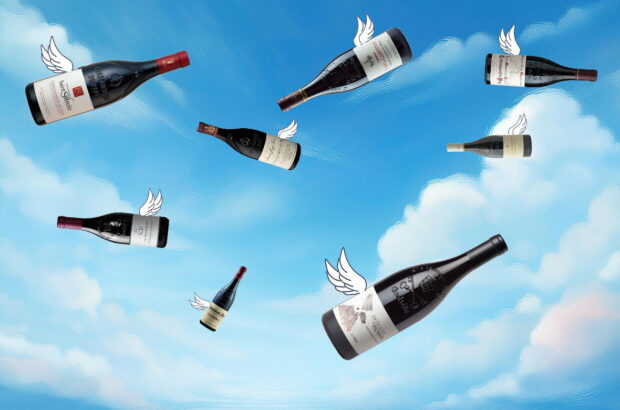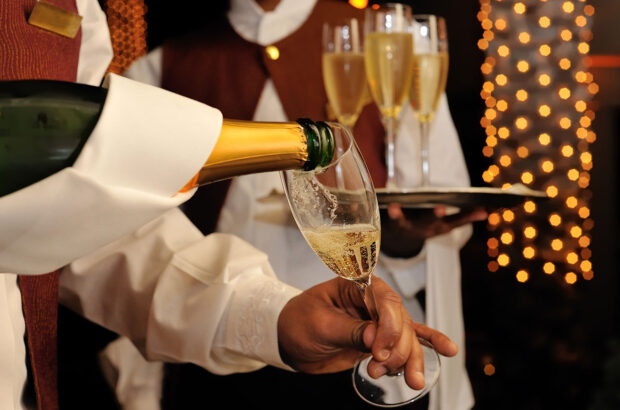Wine tasting is not drinking. Although wine is made to drink and enjoy, there are also times when it has to be judged and assessed. Mastering the art of tasting is essential in order to get the most out of your wine drinking.
Assessing the wine
After you have sampled a wine with your eyes, nose and mouth, you
will
then be in a position to assess it. Is it simple and easy to
drink or
is it complex, with many different layers of flavours that will
reveal
themselves over time? Is it ready for drinking now or should you
keep
it for a while? Does it offer value for money? Most importantly,
do you
enjoy it?
A wine that gives immediate pleasure and doesn’t have any
tannins that
need to soften is ready to drink. If a red has a lot of tannin,
then it
may well need several years to soften and to show its best. A
wine that
feels closed or tight at the back of the palate will generally
improve
with time. Some young wines that taste very oaky, especially if
the oak
and the fruit seem separate, may just need time for these
elements to
marry together.
One of the continuing fascinations of wine lies in determining
when it
will be ready to drink. The optimum moment depends upon the
individual
drinker – some enjoy their wines young, when the fruit is to the
fore,
others prefer to wait until the wine has developed the richness
that is
characteristic of age.
Whatever your budget, getting value for money is very
important. Even
if a wine costs






